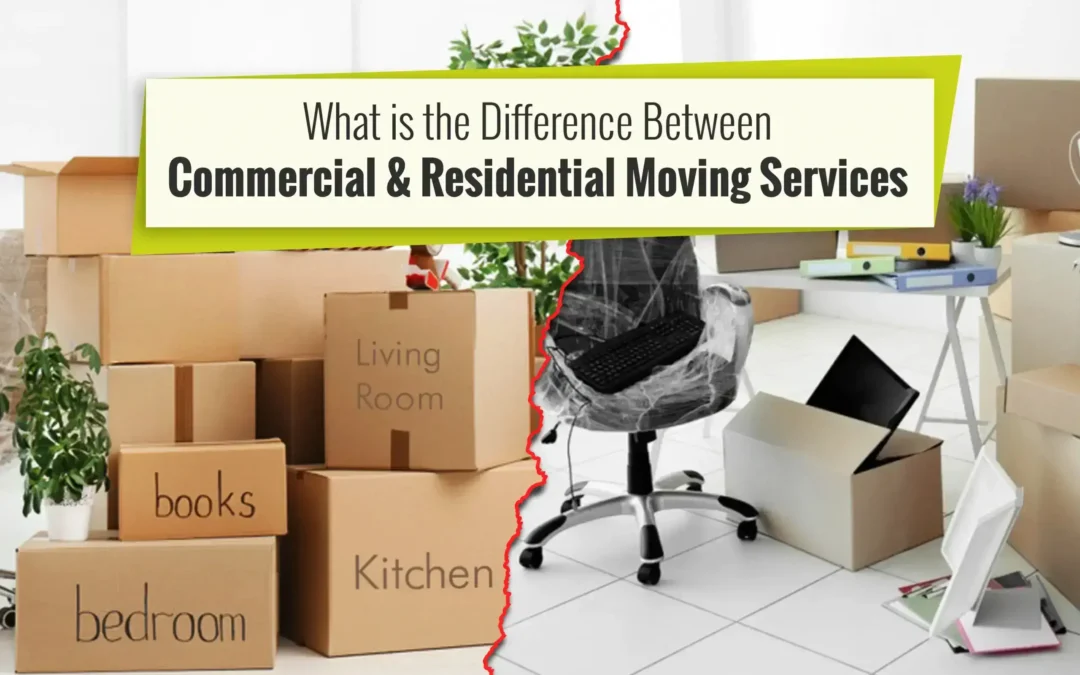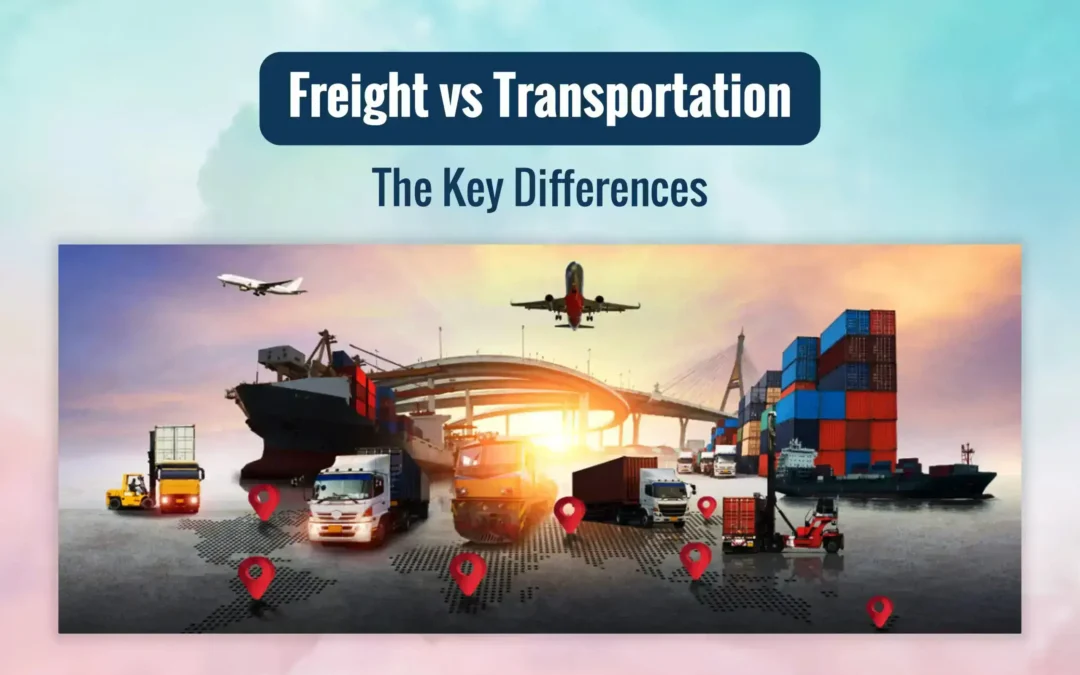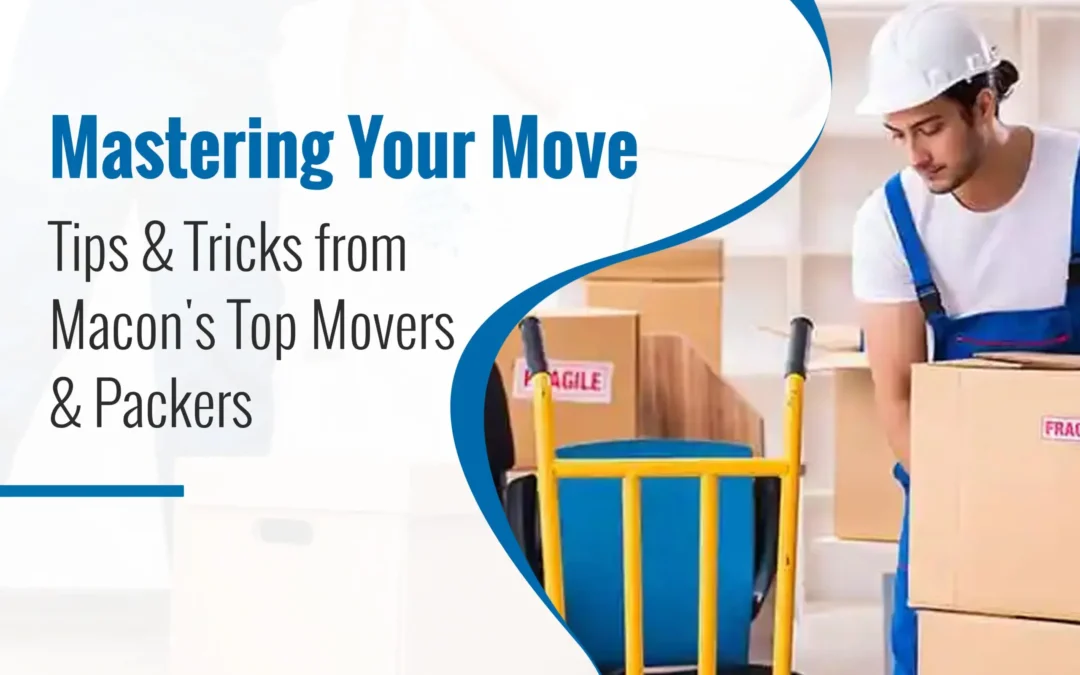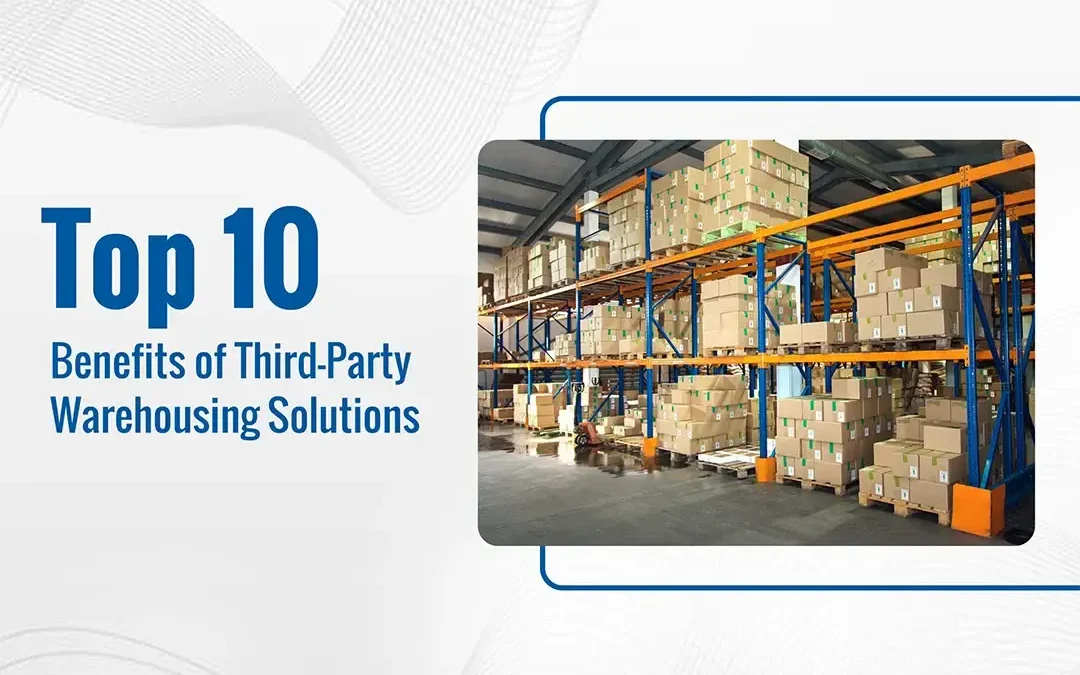
What is the Difference Between Commercial and Residential Moving Services?
Moving is always challenging. But residential and commercial moves have key differences. Understanding these differences will help you pick the right moving company.
Residential Moving Services Warner Robins involves relocating personal household items. This often means furniture, clothes, kitchenware, decor and more. Commercial Relocation Services Warner Robins means office inventory, equipment and furnishings. The items are more business-related.
Additionally, commercial moves tend to have larger volumes and heavier weights. Offices and warehouses have more stuff—more desks, chairs, computers, servers and so on. This requires vehicles like semi-trucks or equipment. This involves pallet jacks that a Moving Company Warner Robins GA provides. Residential moves need standard moving trucks.
Logistics differ too. Commercial spaces can have narrow halls, small elevators and tricky loading docks. Residential spaces often lack those hurdles. So commercial movers need experience maneuvering in tight spaces. Also, businesses usually need to resume operations ASAP after a move. The timeline is more urgent.
Picking a moving company in Warner Robins GA means finding one expert. That is, either residential or commercial relocations based on your needs. Some movers offer both. But others specialize in one area only. They have the right gear, workforce and expertise. For your upcoming move, research to discover the best provider. It’s time well invested.
The key is understanding the core differences between moving homes and offices. Then you can select a partner tailored to your specific relocation in Warner Robins. That makes the stressful process smoother.
Keep reading to discuss the major differences between residential and commercial moving services!
Moving Your Life: Understanding Residential and Commercial Differences
Moving disrupts your life, whether it’s your household or business. Both types of relocation take planning. But there are sizable differences between residential and commercial moves worth noting. These gaps impact budgets, timetables and your transition success.
Knowing these key variances early lets you hire an optimal moving provider matched to your exact needs. Carefully understanding the contrasts will ease your upcoming change of address.
Defining The Relocations
Residential relocation services involve transferring your personal possessions from one home to the next. Yes, staples like furniture, dishes, decorations and garments. But also household necessities professional moving services provide to make daily family life run smoothly after the move – from food to cleaning supplies.
Commercial moving solutions mean reestablishing business operations in the new facility. This includes safely transporting inventories, workflows, tools and systems without productivity declines or profit losses that untrained movers could cause. Commercial moving experts transport specialized equipment that keeps companies functioning. Office spaces must resume rapidly after settlement thanks to strategic planning that avoids costly downtime. Professional moving services procured match unique business needs for seamless transitions.
Residential relocation pros transport personal possessions making households whole again. Office moving solutions reinvent business spaces so enterprise functionality continues uninterrupted. Professional moving services scale resources to match vastly different residential versus commercial needs when transitioning through life’s different facets.
Truck Requirements
Household moving assistance typically only needs basic trucks without added lifts or ramps since household goods usually pose minimal equipment hurdles. But industrial-grade moving vehicles are often imperative for commercial transport. This involves oversized machinery, delicate assets or specialty environmental controls. Due to these assets, it prevents component failures.
Labor Skill Sets
Residential movers must safely handle challenging staircases when loading family heirlooms. But smooth office relocations require crews with extra training who understand commercial constraints. Inventory losses prompt profit erosion. Delays disrupt output essential for wages. Damages put client relationships in jeopardy. High stakes upskilling needs.
Scheduling Musts
Personal moves allow flexibility to shift items gradually around closing and start dates. But every minute of business downtime hurts the bottom line, making strict transport coordination essential. Meticulous commercial planning minimizes unforeseen fees or delays before operations resume.
Space Considerations
Unlike home transfers, office relocations often face small elevators, multi-level load-ins and narrow hallways. Special skills in safely apportioning inventory into smaller loads that align with building limitations are vital for navigating commercial constraints. Proper distribution eases the process.
Cargo Scaling
The quantity of possessions also differs enormously. A three-bedroom apartment’s contents generally fit into one truck. But even small offices or retail spaces often contain enough inventory and furnishings to require several vehicles, added laborers and longer hours– expanding quotes. Proper assessments rein in overages.
Municipal Hurdles
Parking logistics and local regulations also complicate commercial transportation like semi-trucks. Avoiding tickets, fines and impounding risks requires tight coordination. But movers of corporate relocation services face fewer roadblocks, parking freely near their homes.
Insuring Possessions
Renter or home policies have shockingly low loss payouts. Amplifying insurance needs for residential heirlooms and commercial assets alike. While expanded valuation coverage is advisable for homeowners transporting precious items. This enhances the liability buffers that come standard with most corporate moving services.
Pricing Points
Estimates are derived from the distance, time and inventory volumes transported to inform residential quotes versus commercial bids. Generally business relocations cost more due to extensive equipment and little downtime leniency. However final expenses hinge on a full needs analysis during planning.
Choose Specialists Matched to Your Moving Needs
All moving days share common ground by relocating belongings to new spaces. However, sizable variances between household and business transport demand customized solutions fitting your unique situation. Professional moving and delivery Warner Robins GA providers with niche expertise simplify the transition.
Residential pros efficiently pack cherished belongings to start the next chapter. Commercial specialists prevent profit losses by keeping enterprises operational all while transferring between spaces. Recognizing core relocation differences early allows ample time to secure perfectly tailored assistance.
If you’re moving, align the right Professional Moving and Delivery Services Warner Robins teams. Specialization brings simplification amidst the chaos.
Trust the moving process to pros like Ready To Move who make transitions their sole focus based on the specifics.
FAQ’s
Is it necessary to hire a specialized moving company for commercial relocations, or can a residential moving service handle it?
While some moving companies offer both residential and commercial services, it’s advisable to choose a specialized service based on your needs. Commercial moves involve unique challenges, such as handling office equipment and minimizing downtime. Specialized commercial moving services are equipped with the right resources and expertise to ensure a smooth transition for businesses.
How does the pricing for commercial moving services differ from residential moving?
Pricing for both residential and commercial moves is influenced by factors such as distance, time, and inventory volumes. Generally, commercial relocations tend to cost more due to the large volume of items, specialized equipment, and the need for minimal downtime during the move. However, the final expenses are determined through a comprehensive needs analysis during the planning phase.
Can residential moving services accommodate the transportation of delicate or specialized items such as office equipment?
Residential moving services are typically designed for household items and may not have the specialized equipment required for delicate office equipment. Commercial moving services are equipped with industrial-grade vehicles, lifts, and trained crews to handle the transportation of sensitive office inventory, ensuring the safety of your business assets.
How do commercial movers deal with the tight timelines often associated with business relocations?
Commercial movers understand the urgency of business relocations and prioritize strategic planning to minimize downtime. Their crews are trained to efficiently handle the complexities of moving office spaces, allowing businesses to resume operations as quickly as possible after settling into the new location.
Can a residential moving service handle moves involving multiple locations, such as relocating employees to different offices?
Residential moving services are typically focused on individual households. If you have complex moves involving multiple locations, such as employee relocations, it’s recommended to hire a specialized commercial moving service. These services have the logistics and experience to manage complex moves involving various destinations and timelines.





